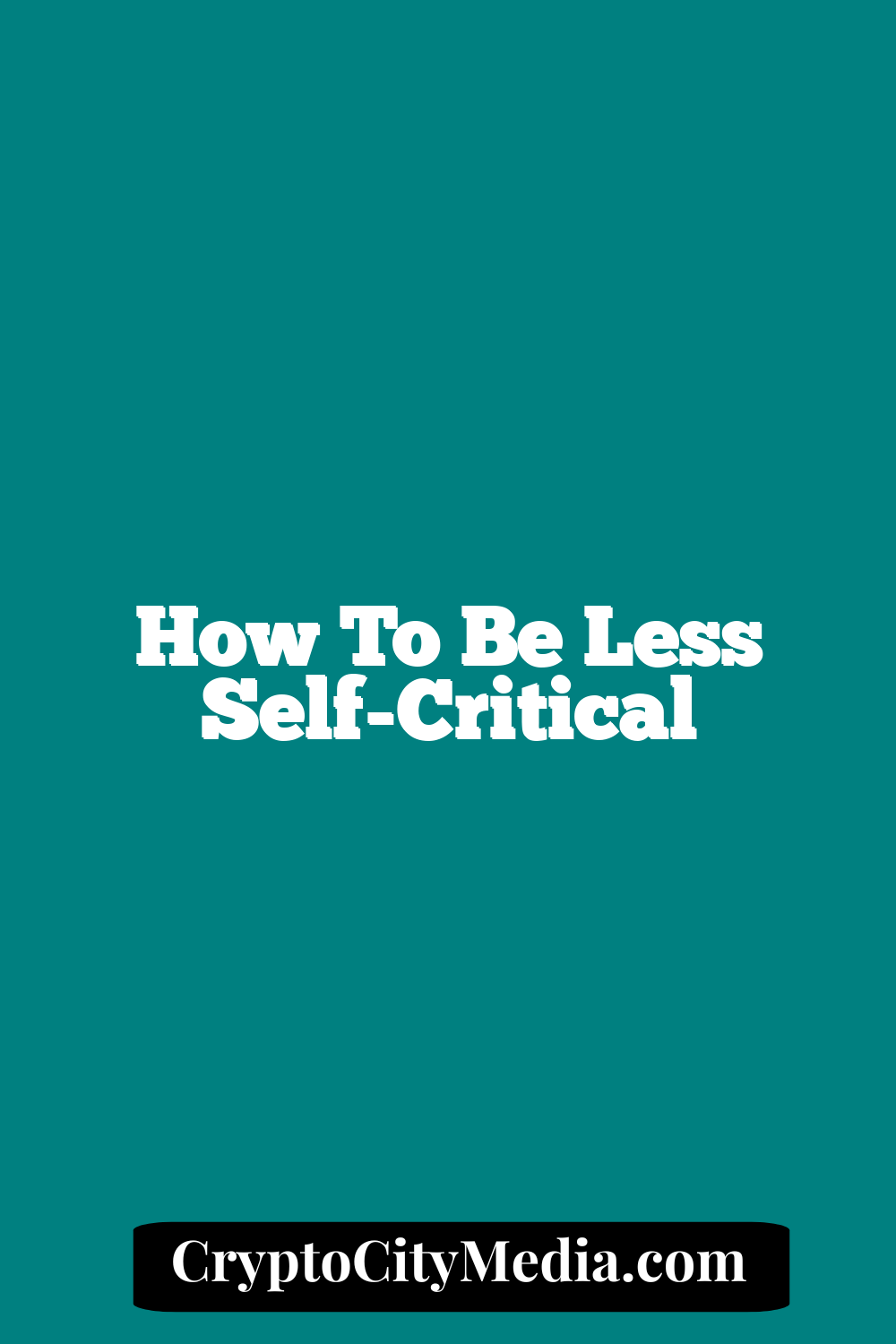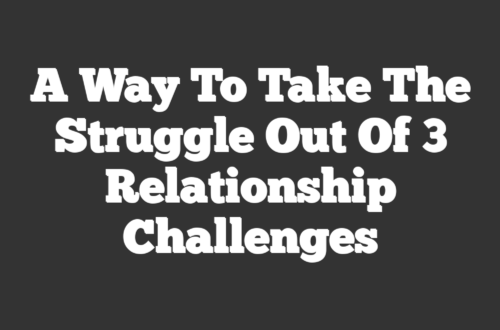
If you want to build your self-acceptance, self-confidence, and self-esteem, then it’s time for you to address any self-criticism you are sending your way. Negative self-talk and self-criticism are detrimental to mental health AND to our physical health. In fact, negative thinking has actually been linked to Alzheimer’s disease! If you struggle with an inner critic or negative thinking – it’s time to change your patterns for good. If you prefer video, Coach Elise recorded our top favorite tips for how to be less self-critical below. Otherwise keep reading!
Conquering Your Inner Critical Voice
In order to combat critical thinking, we have to first identify your negative thoughts or insecurities that you have about yourself. To make sure we cover them all, write down a list of every bad thing you tell yourself. Don’t leave anything out – in order to eliminate self-criticism, we need to ensure that we are covering all of our bases, including our body image, intelligence, morality, spirituality, connections, relationships, friendships, helpfulness, usefulness, purpose, and more! The more insecurities you can expel, the easier it will be to be less self-critical.
Inner Critic Examples
The second easy thing to do in order to conquer your inner critical voice is to *name* your inner critic. Coach Elise named her inner critic Barb, and I named mine Kaki. Come up with a unique and silly name for your inner critic so every time they’re talking, you know it’s not really *you* telling yourself these horrible things — it’s some idiot named Barb who won’t stop yapping. For example, she might be telling you that your clothes don’t look great, you aren’t smart enough to solve this problem, or your friends don’t actually like you. But the thing is, Barb doesn’t actually know what she’s talking about. You do. You know better. So tell her to be quiet, and go on with your day.
Self-Limiting Beliefs
Once you have your list down on paper, it’s time to reflect on where these insecurities came from. These negative thoughts were not home grown inside of you. You picked up on these insecurities along the way either from the media, the people around you, or uncomfortable situations. But you don’t have to buy into those narratives. In fact, you can straight up ignore them. Anytime you tell yourself a self-limiting belief, know that they are false. And what’s worse, is we tend to seek out environments that reinforce our self-limiting beliefs, so overtime they become our reality.
You can fight this. If you can pinpoint moments in time where you started to change the relationship you had with yourself, it will be easier to turn the narrative around. You are not the reason you feel badly about yourself. You are incredible. It’s just that life is hard, and we have high expectations for ourselves. So by figuring out the root of the problem, confronting it, and telling yourself a new narrative, we can change the way we speak to ourselves and become much less self-critical.
Comparing Yourself to Others
Comparing yourself to others only exacerbates self-criticism. The good news is, once you have fully acknowledged and confronted your insecurities, it’s easier to stop comparing yourself to those around you. Comparison is rooted in us not feeling good about ourselves, and so we look to others to confirm our doubts and fears. But if you already know where your insecurities stem from and why they arrived in the first place, it’ll be less tempting to focus on other people’s strengths and weaknesses. Plus, if you stop feeling the need to compare yourself to others, you’ll have less insecurities pop up over time. Focusing on developing a good relationship with yourself through positive thinking, forgiveness, mindfulness, vulnerability, and encouragement will be enough of a distraction from comparison. The less. youcompare, the less self-critical you’ll be.
Practice Forgiveness
Chances are when you listed out all of your insecurities and traced them back to a specific moment in time, another person was associated with the negative spiral. It’s difficult to imagine forgiving someone who was the catalyst for your self-critical thinking, but that is exactly what is in your best interest.
Holding onto resentment towards others only keeps the trauma centered within you. If you don’t forgive others for their wrongdoings, chances are you won’t forgive yourself for your mistakes, and then there’s no chance at all that you’ll be less self-critical. So instead, try forgiving someone else for the hurt they’ve caused. Once you let go of that negative energy, ideally you’ll be able to let go of the narrative they spun as well. The less burden you carry around with you, the less self-critical you’ll be.
Practice Self-Acceptance
We have an entire blog dedicated to self-acceptance and learning to love yourself – so we’ll keep this short. In order to become less self-critical, you need to boost your self-esteem by being kind to yourself. Point out the things you do well, celebrate your victories, encourage yourself along the way, use affirmations, and forgive yourself when things don’t go the way you want. The kinder you are to yourself, the easier it’s going to be to leave that negative thinking behind. Challenge your self-limiting beliefs and instead exchange them for the opposite narrative – one where you *are* good enough and you *can* succeed no matter what. Talk to yourself like you would to a friend.




